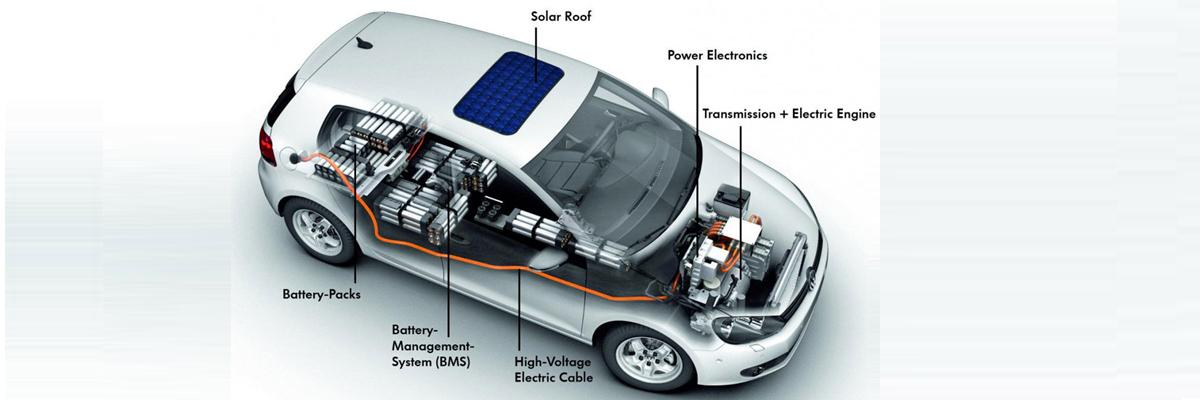Electric cars to hit district roads soon

The Central and State governments as part of tackling atmospheric pollution caused by diesel powered cars and minimising maintenance and operation costs are embarking on a major project in a phased manner replace conventional dieseland petrolpowered cars with electric cars which are said to be costeffective and costs lesser than the conventional vehicles which are in vogue
Anantapur: The Central and State governments as part of tackling atmospheric pollution caused by diesel powered cars and minimising maintenance and operation costs are embarking on a major project in a phased manner replace conventional diesel-and petrol-powered cars with electric cars which are said to be cost-effective and costs lesser than the conventional vehicles which are in vogue.
The idea is not to totally do away with conventional cars using petrol, diesel and gasoline vehicles but to bring down operational and maintenance costs by using electric cars on a day-to-day basis. Departmental officers use cars within the district for field visits.
For these visits, electric cars can be used while for out of district use, which is used rarely, conventional cars can be used by having a common vehicles pool for all the departments. These vehicles will be used based on the need.
NREDCAP District Manager Kodandarama Murthy told The Hans India that the electric cars will basically be gearless (auto-gear) air-conditioned vehicles. The Central government had already ordered for 10,000 electric cars while the State government 2,500 vehicles.
The Energy Efficient Services Limited company would be supplying the vehicles. Rapid charging centres would be set up in the private sector and anyone who has the wherewithal for charging batteries of more than 5 vehicles in a unit can run these centres.
The conventional automobile manufacturers would also diversify into manufacturing the cars as demand picks up. Domestic car users may opt for electric cars for local usage. Initially, each district will get 10 electric cars as part of primary introduction of the cars. These cars are said to be cheaper and cost-effective.
All-electric cars don’t have much of the equipment specific to internal combustion engines like spark plugs, transmissions, radiators, oil and fuel filters, exhausts, and other gasoline-specific components. As a result, the cost of maintaining an electric vehicle is lower than gasoline-powered vehicles.
Most electric cars also have regenerative braking, which uses the electric motor to do much of the braking. This also helps save the brake pads and rotors in electric vehicles, further reducing maintenance costs. Even if you choose a plug-in hybrid electric vehicle with an internal combustion engine, maintenance costs will be lower.
PHEV engines run less often than a gasoline-powered engine, so there is less wear and tear on the engine. One of the biggest day-to-day savings is the cost of fuel. A study on the efficacy of electrical vehicles revealed that electric vehicles cost less than half as much to operate as gas-powered cars.
The average cost to operate an electric vehicle in the United States is 485 dollars per year, while the average for a gasoline-powered vehicle is 1,117 dollars per year.
On top of the cost savings, electricity rates are much more stable than petrol prices. A consistent electricity rate means that fueling an electric car is both more budget-friendly and predictable. On an average, an electric car can go approximately 100 miles per 30 kilowatt-hours (kWh) of electricity.








